 In partnership with the British Academy, the Royal Academy of Engineering and the Royal Society (‘the Academies’) and with generous support from the Leverhulme Trust, the APEX award (Academies Partnership in Supporting Excellence in Cross-disciplinary research award) scheme offers established independent researchers, with a strong track record in their respective area, an exciting opportunity to pursue genuine interdisciplinary and curiosity-driven research to benefit wider society.
In partnership with the British Academy, the Royal Academy of Engineering and the Royal Society (‘the Academies’) and with generous support from the Leverhulme Trust, the APEX award (Academies Partnership in Supporting Excellence in Cross-disciplinary research award) scheme offers established independent researchers, with a strong track record in their respective area, an exciting opportunity to pursue genuine interdisciplinary and curiosity-driven research to benefit wider society.- Download the scheme notes (PDF, 657.8kb)
- Download the Frequently Asked Questions (PDF, 245.8kb)
- Download the terms and conditions (PDF, 165.4kb)
 The objectives of this scheme are to:
The objectives of this scheme are to:
- support outstanding interdisciplinary research which is unlikely to be supported through conventional funding programmes
- promote collaboration across disciplines, with a particular emphasis on the boundary between science and engineering and the social sciences and humanities
- support researchers with an outstanding track record, in developing their research in a new direction through collaboration with partners from other disciplines
- enable outstanding researchers to focus on advancing their innovative research through seed funding
Am I eligible to apply?
Applications should be within the remit of more than one of the Academies.
You can apply for this scheme if you are:
- an exceptional researcher with a strong track record as an established independent researcher (this can include engineering researchers, humanities and social sciences scholars and scientists)
- based at a UK University or not-for-profit research institution for at least the duration of the project
- applicants will be expected to collaborate with a research partner from a different discipline from their own or a different university in the UK
Before applying, please ensure that you meet all the eligibility requirements, which are explained in the scheme notes. Please also refer to the FAQ for further guidance.
What is the scheme’s value and duration?
This scheme provides:
- an award of up to £100,000 to fund staff costs of which no more than 25% may be used for associated research costs.
- this can include consumables, equipment, collaborative travel expenses
- costs of a teaching replacement to relieve the applicant and/or collaborator from some of their teaching and administrative duties
- grants can be held for up to 24 months
Note, requests for any other salary costs e.g. for research assistants, post-docs or studentships etc. cannot be included in the application. Note that awards under this scheme will not pay indirect and estate costs. All awards must start between 01 September 2017 and 01 November 2017.
What is the application process?
Applications should be submitted through the Royal Society’s electronic grant application system (e-GAP2). Applications will be peer-reviewed and assessed by a cross-disciplinary panel with broad ranging expertise drawn from the fellowship of all three Academies.
Further details about the award, including information on how to apply and the assessment criteria, can be found in the scheme notes.
If you are interested in applying then please contact your RKEO Funding Development Officer.
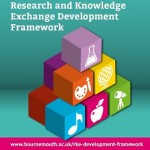

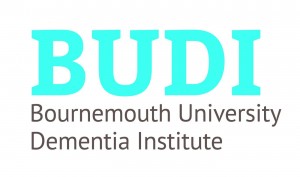
 BU has an agreement with Springer which enables its authors to publish articles open access in one of the Springer Open Choice journals at no additional cost.
BU has an agreement with Springer which enables its authors to publish articles open access in one of the Springer Open Choice journals at no additional cost. 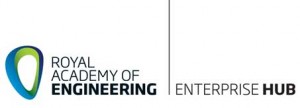
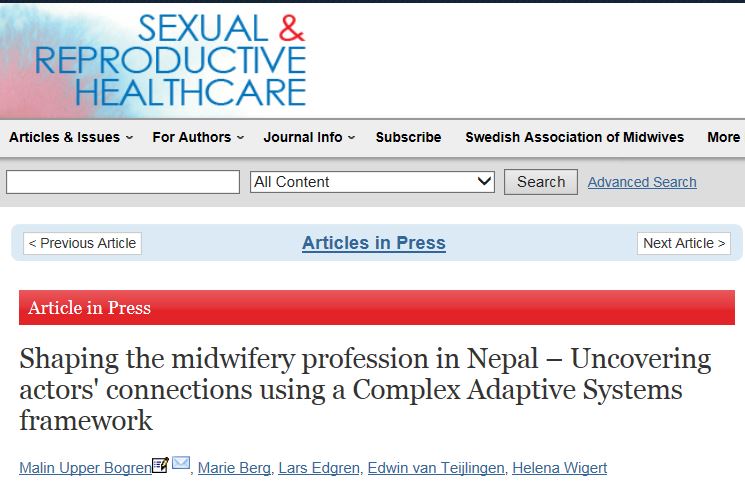
 Open access to peer reviewed publications has been anchored as an underlying principle in the Horizon 2020 and is explained in the
Open access to peer reviewed publications has been anchored as an underlying principle in the Horizon 2020 and is explained in the 
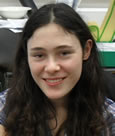

 ‘Research Fingerprinting’ is a new development on the Research Professional platform that delivers highly relevant funding opportunities to researchers. This will go live at BU on Tuesday, 8th November.
‘Research Fingerprinting’ is a new development on the Research Professional platform that delivers highly relevant funding opportunities to researchers. This will go live at BU on Tuesday, 8th November. The findings of a pilot programme run by Parkinson’s UK to explore the difference patient and public involvement (PPI) can make to research are
The findings of a pilot programme run by Parkinson’s UK to explore the difference patient and public involvement (PPI) can make to research are 










 Seeing the fruits of your labour in Bangladesh
Seeing the fruits of your labour in Bangladesh Exploring Embodied Research: Body Map Storytelling Workshop & Research Seminar
Exploring Embodied Research: Body Map Storytelling Workshop & Research Seminar Marking a Milestone: The Swash Channel Wreck Book Launch
Marking a Milestone: The Swash Channel Wreck Book Launch No access to BRIAN 5-6th February
No access to BRIAN 5-6th February ECR Funding Open Call: Research Culture & Community Grant – Application Deadline Friday 12 December
ECR Funding Open Call: Research Culture & Community Grant – Application Deadline Friday 12 December MSCA Postdoctoral Fellowships 2025 Call
MSCA Postdoctoral Fellowships 2025 Call ERC Advanced Grant 2025 Webinar
ERC Advanced Grant 2025 Webinar Update on UKRO services
Update on UKRO services European research project exploring use of ‘virtual twins’ to better manage metabolic associated fatty liver disease
European research project exploring use of ‘virtual twins’ to better manage metabolic associated fatty liver disease